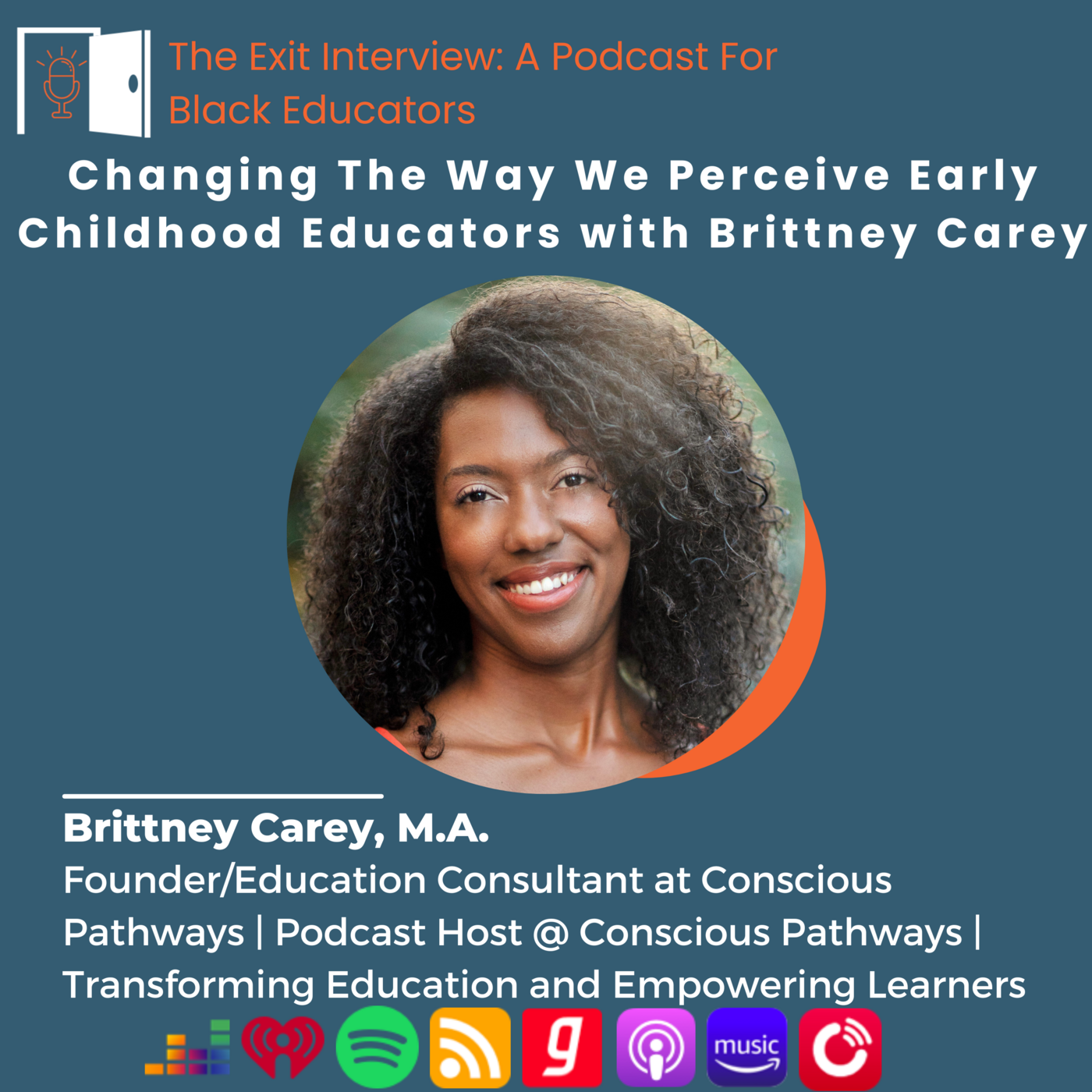The Challenges Faced by Black Educators in Early Childhood Education

Early childhood education plays a fundamental role in shaping young minds and fostering their lifelong success. However, within this field, Black educators face unique barriers and challenges that hinder their representation and professional growth. This blog post examines the systemic racism, lack of resources, and societal biases that contribute to the underrepresentation and turnover of Black teachers in early childhood education. By addressing these issues, we can work towards creating a more equitable and inclusive environment where all educators are valued and supported.
The Impact of Racial Battle Fatigue on Black Educators in Early Childhood Education
Black educators in early childhood education often experience racial battle fatigue, a cumulative stress response to repeated exposure to subtle or overt racism in the workplace. This takes a toll on their mental health, leading to burnout, decreased job satisfaction, and even the decision to leave the profession. Creating supportive work environments where Black educators feel valued and respected is essential for reducing racial battle fatigue.
Lack of Resources and Support for Black Educators
In the landscape of early childhood education (ECE), the disparities faced by Black educators in accessing resources and support are stark and persistent. These challenges undermine their ability to thrive professionally and hinder their capacity to effectively support the growth and development of young learners, especially those from marginalized communities. Addressing these disparities is not just a matter of equity but is essential for ensuring that all children receive quality education that respects and reflects their cultural backgrounds and identities.
1. Funding for Professional Development
Professional development plays a crucial role in enhancing teaching practices and staying updated with the latest research and methodologies. However, Black educators often face significant barriers in accessing funding for such opportunities. Financial constraints within their institutions, coupled with systemic inequalities, limit their ability to participate in workshops, conferences, and training sessions that could enrich their teaching skills.
Moreover, the available professional development programs may not always be culturally responsive or inclusive of diverse perspectives. This lack of culturally relevant training further exacerbates the challenges faced by Black educators, as they may struggle to find resources that align with their students' needs and backgrounds.
2. Mentorship Opportunities
Mentorship is another critical component of professional growth and support in education. Effective mentorship provides guidance, encouragement, and a sense of belonging within the educational community. Unfortunately, Black educators often find themselves underrepresented in leadership positions within ECE settings, limiting their access to mentors who understand their unique challenges and experiences.
The absence of mentorship from individuals who share similar cultural backgrounds can contribute to feelings of isolation and hinder career advancement. Mentorship programs specifically tailored to support Black educators can help cultivate leadership skills, provide networking opportunities, and foster a sense of community that is essential for professional success.
3. Cultural Materials and Curriculum Representation
The materials and curriculum used in early childhood education play a pivotal role in shaping children's perceptions of themselves and the world around them. However, Black educators frequently encounter a lack of culturally relevant materials that reflect the diversity of their students' experiences. This deficit not only limits the ability to engage students effectively but also perpetuates stereotypes and undermines the importance of cultural diversity.
Access to culturally responsive teaching materials is crucial for creating inclusive learning environments where all children feel valued and represented. It allows educators to incorporate diverse perspectives into their lessons, thereby enriching the educational experience and promoting empathy and understanding among students.
4. Institutional Support and Advocacy
In addition to individual challenges, systemic barriers within educational institutions contribute to the disparities faced by Black educators. Structural inequities in hiring practices, promotional opportunities, and resource allocation perpetuate disparities in access to professional development and support.
Addressing these systemic issues requires a commitment to institutional change and advocacy at all levels of the educational system. It involves implementing policies that promote diversity, equity, and inclusion, as well as allocating resources to support the professional growth and well-being of Black educators.
5. The Impact on Student Outcomes
The disparities faced by Black educators in early childhood education have profound implications for student outcomes. Research indicates that students benefit academically, socially, and emotionally when their educators share similar cultural backgrounds and identities. Representation matters in education, as it fosters positive role modeling, promotes cultural pride, and enhances overall academic achievement.
By providing equitable access to resources and support for Black educators, we can help create a more inclusive educational environment where all children have the opportunity to thrive. Supporting Black educators in their professional development and ensuring they have the tools they need to succeed ultimately benefits the entire educational community.
Societal Biases and Stereotypes
Societal biases and stereotypes about Black teachers and students can contribute to a lack of respect and appreciation for their work. These biases can lead to lower pay, limited opportunities for leadership, and a lack of recognition for the valuable contributions they make to the field. Challenging these biases and promoting positive narratives about Black educators is essential for changing perceptions and fostering a more equitable environment.
Addressing the Systemic Barriers for Black Educators
Societal biases and stereotypes surrounding Black teachers and students contribute significantly to systemic inequities within the field of education. These biases manifest in various ways, including lower pay scales, limited opportunities for career advancement into leadership roles, and a general lack of recognition for the invaluable contributions Black educators make to their students and communities.
One of the most pervasive biases is the stereotype that Black educators are less competent or qualified compared to their white counterparts. This unfounded stereotype undermines the professionalism and expertise of Black teachers, leading to disparities in pay and career progression. Studies have shown that Black teachers are often underpaid relative to their qualifications and experience levels compared to white teachers in similar positions.
Moreover, there is a historical and ongoing lack of representation of Black educators in leadership positions within educational institutions. This underrepresentation perpetuates the cycle of limited opportunities for mentorship and professional development tailored to the needs of Black educators. Without adequate support and recognition, Black educators may face greater challenges in achieving career growth and impacting educational policies and practices.
Challenging these biases requires promoting positive narratives about Black educators and highlighting their achievements and contributions. Celebrating their successes, advocating for fair compensation and career advancement opportunities, and actively addressing biases in hiring and promotion practices are crucial steps toward fostering a more equitable educational environment.
By recognizing and valuing the diverse perspectives and experiences that Black educators bring to the field, educational institutions can better serve all students and contribute to a more inclusive society. Efforts to challenge biases and promote equity not only benefit Black educators but also strengthen the educational system as a whole, creating opportunities for positive change and improved outcomes for students of all backgrounds.
Recommendations for Creating an Inclusive Environment for Black Educators
To create an inclusive environment for Black educators, we must:
- Increase the recruitment and retention of Black teachers through targeted outreach and support programs.
- Provide ongoing professional development opportunities to enhance Black educators' skills and knowledge.
- Foster a culture of respect and appreciation for Black educators' expertise and contributions.
- Challenge racial biases and stereotypes that perpetuate inequality in the field.
- Advocate for policies that promote diversity, equity, and inclusion in early childhood education.
Empowering Black educators in early childhood education is essential for creating a more equitable and inclusive educational system. By addressing the systemic barriers, societal biases, and lack of resources they face, we can foster a profession where all educators are valued and supported. As highlighted in Episode 47: Changing The Way We Perceive Early Childhood Educators with Brittney Carey, it is imperative that we collectively work towards creating inclusive and supportive environments where Black educators can thrive and make a lasting impact on the lives of young children.












